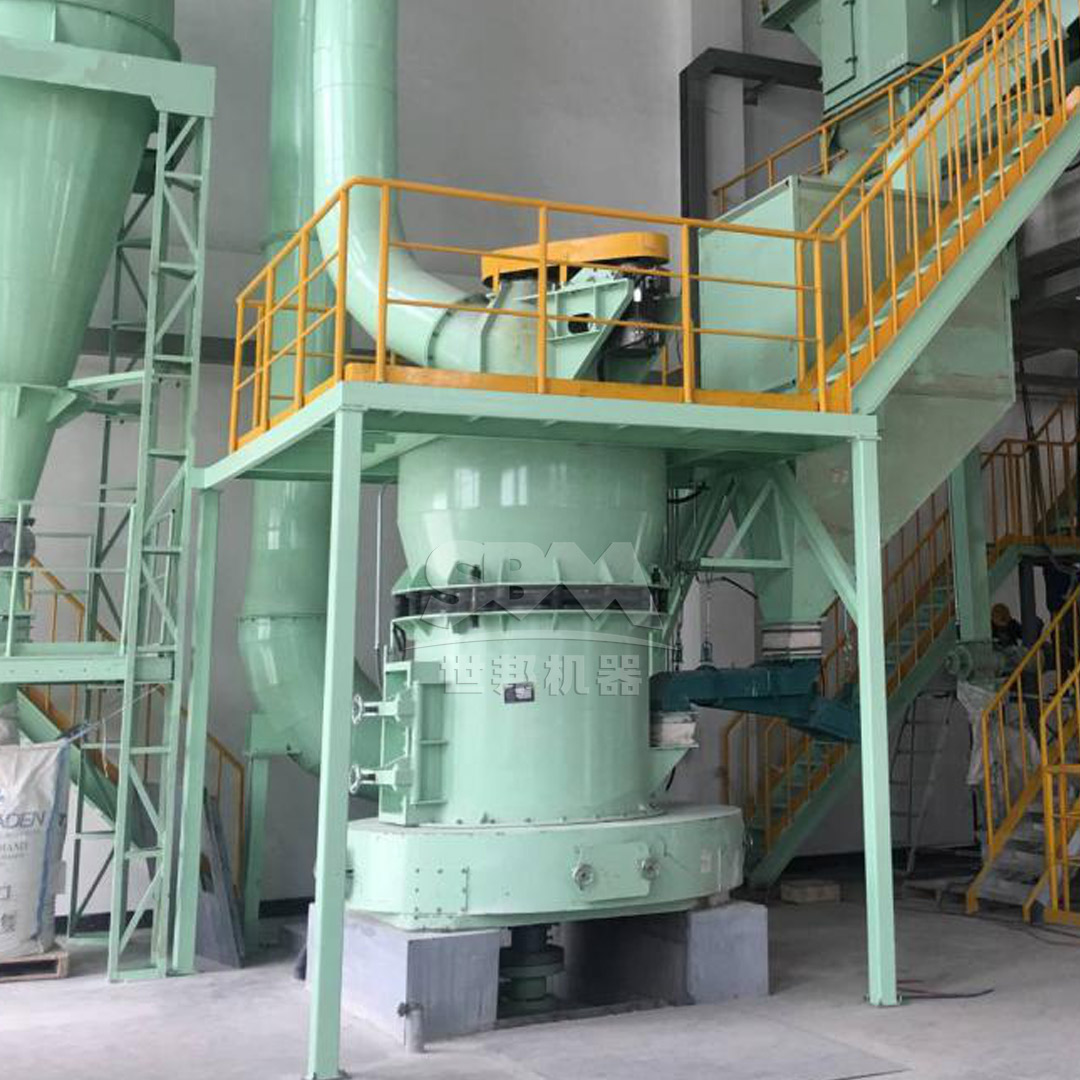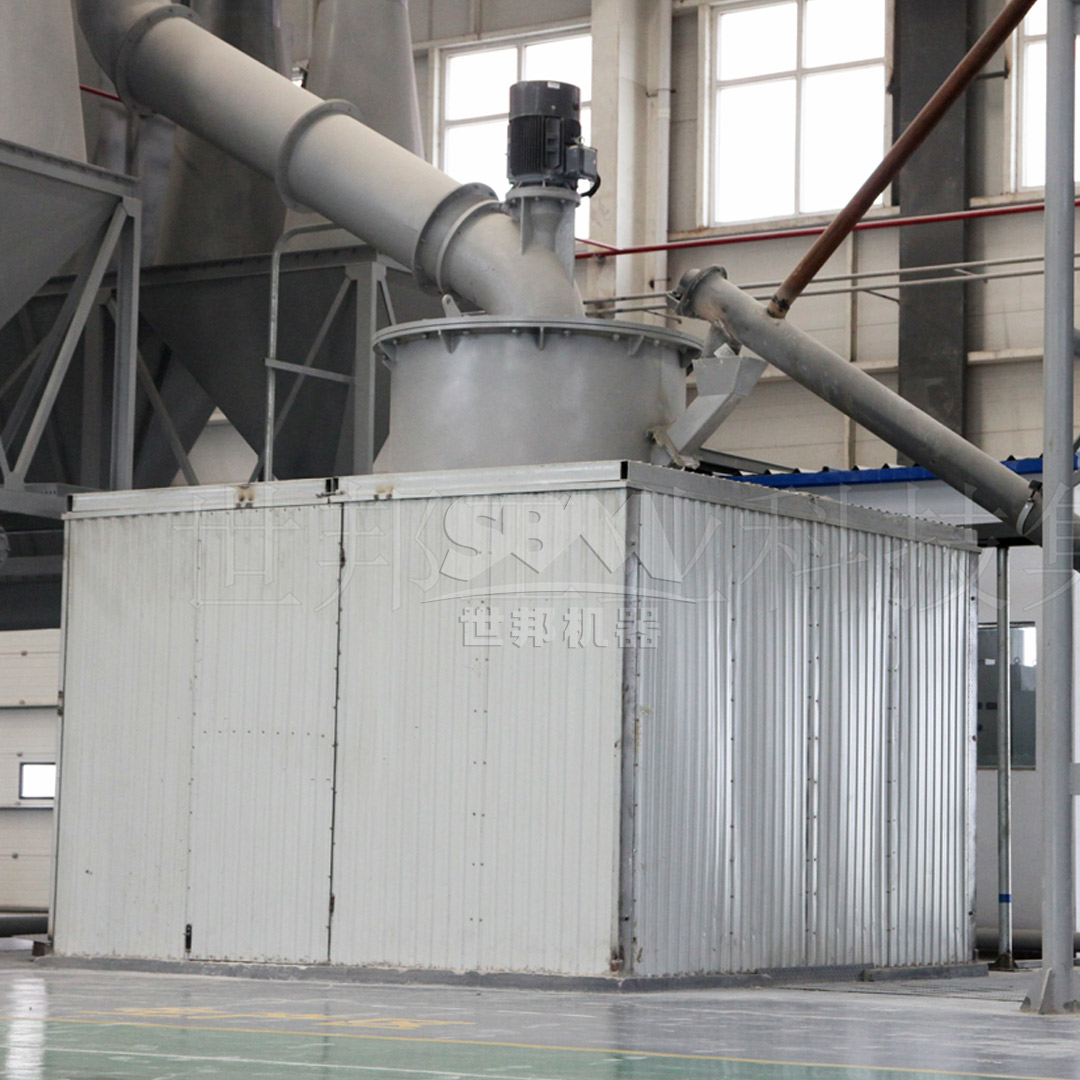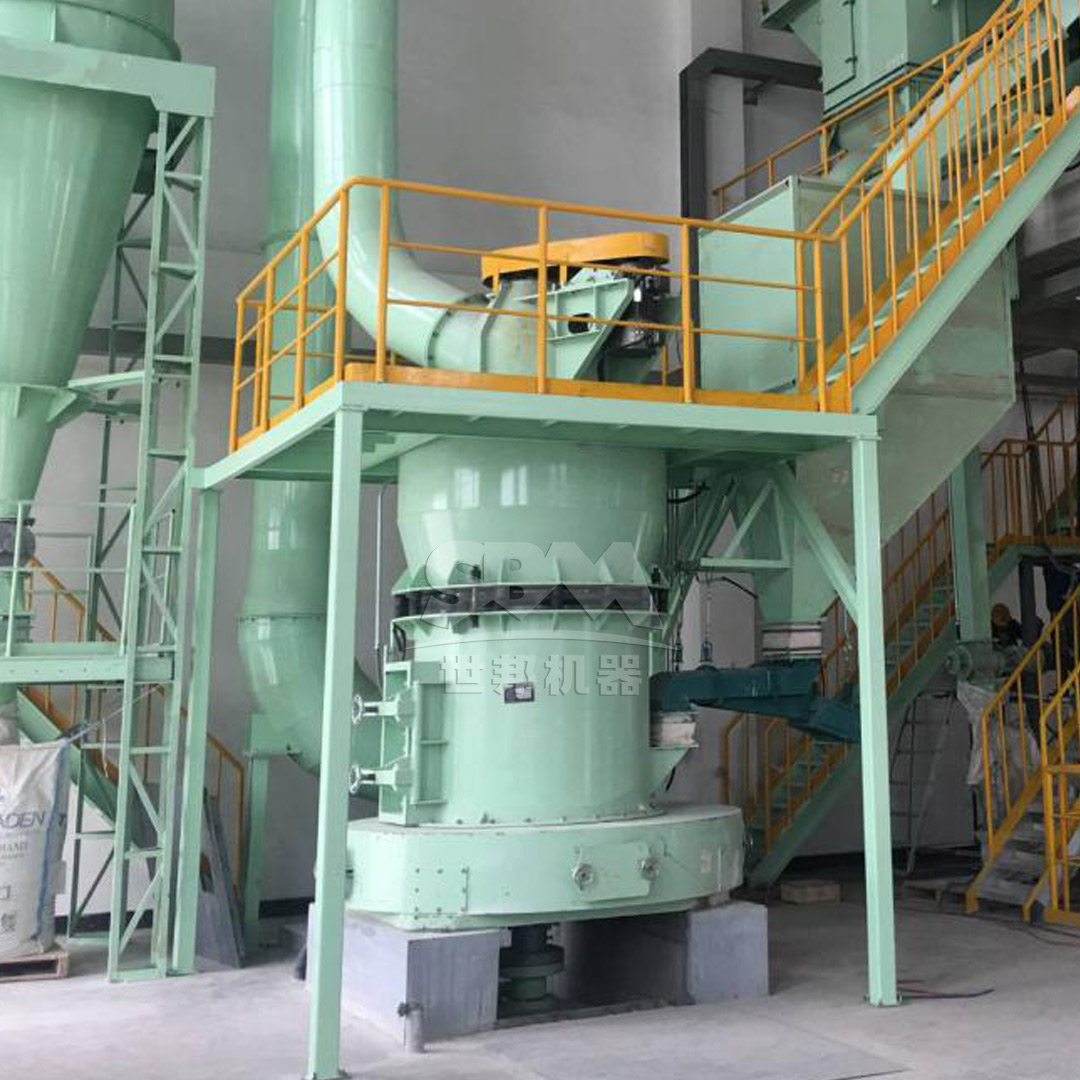Petroleum coke (petcoke), a carbon-rich solid derived from oil refining, has become an essential raw material in industrial lubricant production. Its unique properties, including high carbon content, low impurities, and excellent thermal stability, make it ideal for manufacturing high-performance lubricants. However, the effectiveness of petcoke in lubricant formulations heavily depends on its particle size distribution and purity, which are directly influenced by the grinding technology employed. Selecting the appropriate grinding mill is therefore critical for optimizing product quality, operational efficiency, and overall cost-effectiveness in lubricant manufacturing.
This comprehensive guide explores the key factors to consider when choosing a petroleum coke grinding mill, with a focus on achieving the precise fineness and consistency required for industrial lubricants. We will examine various grinding technologies, their operational principles, and their suitability for different production scales and quality requirements.

The particle size of ground petroleum coke significantly impacts lubricant performance. For industrial lubricants, the target fineness typically ranges from 325 mesh (45μm) to 2500 mesh (5μm), depending on the specific application. Ultra-fine particles provide better dispersion in lubricant bases, enhanced surface area for additive absorption, and improved tribological properties.
When evaluating mills, consider:
Your production volume dictates the appropriate mill size and configuration. Lubricant manufacturers must balance between batch processing for specialty lubricants and continuous operation for high-volume products.
| Production Scale | Recommended Capacity Range | Suitable Mill Types |
|---|---|---|
| Pilot/Lab Scale | 0.5 – 3 ton/h | SCM800, MTM100 |
| Medium Scale | 3 – 15 ton/h | SCM1000, MTW138Z, LM130K |
| Large Scale | 15 – 45 ton/h | SCM1680, MTW215G, LM220K |
| Mass Production | 45+ ton/h | LM280K, LM340Y |
Grinding operations account for a significant portion of energy consumption in lubricant production. Modern mills incorporate energy-saving technologies that can reduce power consumption by 30-50% compared to conventional systems. Key efficiency factors include:
Lubricant-grade petroleum coke must maintain high purity levels. Mill selection should prioritize designs that minimize metallic contamination from wear parts and prevent lubricant leakage into the product stream.
Modern grinding systems must address dust emissions, noise pollution, and overall environmental impact. Look for mills with integrated dust collection systems, noise reduction features, and compliance with international environmental standards.
For applications requiring the finest particle sizes (325-2500 mesh), ultra-fine grinding mills offer unparalleled performance. Our SCM Ultrafine Mill series represents the cutting edge in fine grinding technology, specifically engineered for materials like petroleum coke in lubricant production.
Technical Advantages:
<\/ul>
Application in Lubricant Production: The SCM series is particularly suitable for producing premium lubricants where ultra-fine petroleum coke particles enhance performance characteristics. The ability to achieve D97 ≤ 5μm makes it ideal for high-end industrial and automotive lubricants.
Model Recommendations:
<\/ul>
For operations requiring medium to fine grinding (30-325 mesh) with high throughput, the MTW Series Trapezium Mill offers robust performance and reliability. This mill excels in processing petroleum coke for standard industrial lubricants where extreme fineness is not required.
Key Features for Lubricant Applications:
<\/ul>
The MTW series is particularly valuable for lubricant manufacturers seeking to balance product quality with production economics, offering capacities from 3-45 ton/h depending on the model selected.
Vertical roller mills provide an integrated approach to petroleum coke grinding, combining crushing, grinding, and classification in a single unit. The LM Series Vertical Roller Mill offers distinct advantages for large-scale lubricant production facilities.
Benefits for High-Volume Operations:
<\/ul>
The MTM Series Medium-Speed Trapezium Mill bridges the gap between conventional and advanced grinding technologies, offering reliable performance for petroleum coke processing in lubricant applications.
Notable Features:
<\/ul>
| Mill Type | Fineness Range | Capacity Range | Energy Efficiency | Best For |
|---|---|---|---|---|
| SCM Ultrafine Mill | 325-2500 mesh | 0.5-25 t/h | Excellent | Premium lubricants requiring ultra-fine particles |
| MTW Trapezium Mill | 30-325 mesh | 3-45 t/h | Very Good | High-volume standard lubricant production |
| LM Vertical Mill | 30-600 mesh | 3-250 t/h | Outstanding | Large-scale integrated operations |
| MTM Trapezium Mill | 45-325 mesh | 3-22 t/h | Good | Cost-effective medium-scale production |
A leading lubricant manufacturer recently upgraded their petroleum coke grinding circuit from a traditional ball mill system to our SCM1000 Ultrafine Mill. The results demonstrated significant improvements across multiple operational parameters:
The improved particle characteristics directly enhanced the performance of their premium industrial gear oils, with customers reporting better extreme pressure properties and reduced wear in field applications.

Proper preparation of petroleum coke before grinding is essential for optimal mill performance. Key considerations include:
A successful grinding system requires careful integration with auxiliary equipment:
Proper training of operational and maintenance personnel is crucial for maximizing equipment performance and lifespan. Look for suppliers who offer comprehensive training programs and responsive technical support.
The evolution of grinding technology continues to address the changing needs of the lubricant industry. Emerging trends include:
Selecting the appropriate petroleum coke grinding mill is a critical decision that directly impacts product quality, production efficiency, and operational economics in industrial lubricant manufacturing. The SCM Ultrafine Mill series stands out as the premier choice for applications requiring the finest particle sizes and tightest distribution control, while the MTW Series Trapezium Mill offers exceptional performance for high-volume standard lubricant production.
By carefully evaluating your specific requirements for fineness, capacity, energy efficiency, and operational flexibility, you can identify the optimal grinding solution that will support your lubricant quality objectives and business goals. As grinding technology continues to advance, lubricant manufacturers who invest in modern, efficient milling systems will maintain a competitive edge through superior product performance and optimized production economics.
We recommend consulting with our technical experts to conduct a comprehensive analysis of your specific petroleum coke grinding requirements and identify the ideal mill configuration for your lubricant production facility.